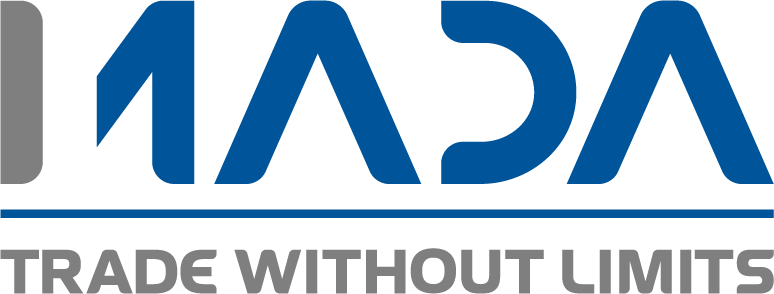
Relying on unreliable suppliers can be a major cause of business failure, especially in the complex and ever-changing environment of international trade. From delivery delays, poor product quality, to fraud - these are all risks that can be avoided by selecting the right supplier.
In this practical guide, we present a professional methodology for selecting reliable suppliers in international trade, supported by real market experiences and practical tips to help you make safer and more profitable decisions. If you are considering importing or exporting, pause first at this critical step: the supplier.
1. Define the specifications of the ideal supplier for your project.
Not all trading companies need the same type of supplier. Before you start searching, ask yourself:
- Am I looking for a low price or high quality?
- Do I need a supplier capable of producing large quantities?
- Is it required that the supplier speaks a specific language (English, for example)?
- Does the supplier have prior experience exporting to my country?
Tip: There is no perfect supplier for everyone—only for your specific project.

2. Use reliable and up-to-date research sources.
Instead of relying solely on Google search, use global databases such as:
- Kompass.
- ImportGenius.
- Panjiva.
- TradeMap.
- International trade fair directories (such as Canton Fair and Arabplast).
These platforms provide verified information about suppliers, such as export volume, client names, and supply history.

3. Test the supplier’s credibility practically.
Once you find a suitable supplier, don’t start negotiating immediately. Do the following first:
- Request from them a copy of their commercial registration and quality certificates.
- Ask for the names of some of their current clients and contact them if possible.
- Send a formal inquiry and observe the response speed, tone, and professionalism.
- Request a genuine product sample before any deal.
Golden Tip: Propose a simple video meeting. If they refuse, there might be something they’re hiding.

4. Avoid suppliers who seem overly perfect.
Beware of suppliers who promise you everything without any limitations. A professional trader clearly explains to you:
- Minimum order quantity.
- Production lead time.
- Possible product defects.
- Compensation mechanism in case of errors.
A transparent supplier may not be the cheapest, but they are often the safest choice.
5. Assess the supplier’s logistical capacity and after-sales support.
Don’t focus only on the product; also ask about:
- Do they provide customized packaging according to your country?
- Do they have international shipping partners?
- Do they provide complete documentation for customs clearance?
- How responsive are they in case of issues after delivery?
Hint: After-sales support distinguishes serious suppliers from mere transient sellers.

6. Compare suppliers and don’t rush your decision.
It’s a mistake to choose the first supplier who sends you an attractive offer. Take your time comparing:
- Prices.
- Delivery schedules.
- Legal terms in contracts.
- Offered warranties.
A wrong decision at this stage could cost you months of losses.
Conclusion:
Choosing the right supplier is the cornerstone of your success in international trade. Don’t let price be the sole factor in your decision. Focus on trust, experience, clarity, and transparency. Over time, you will build a network of suppliers you can rely on with confidence and long-term stability.

